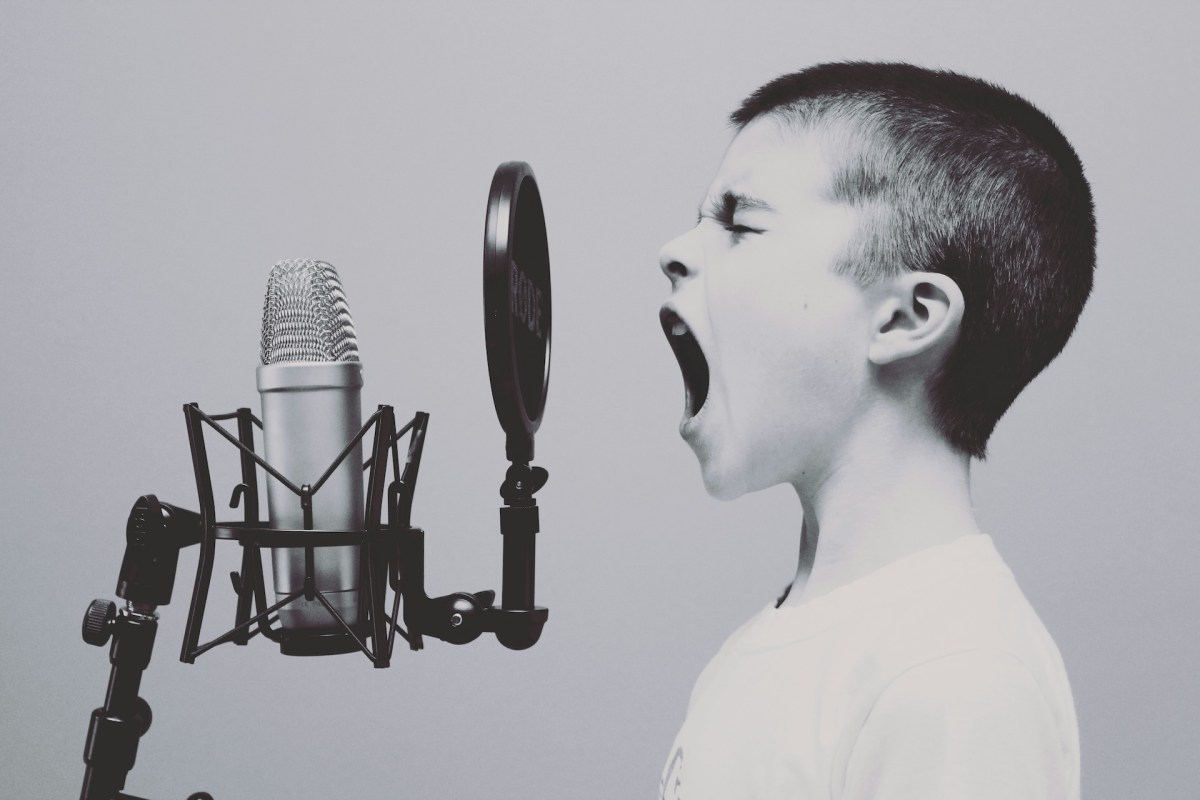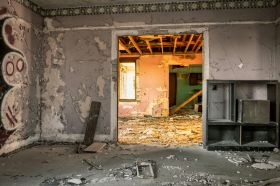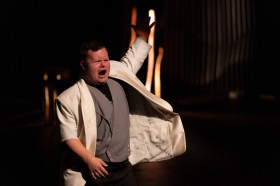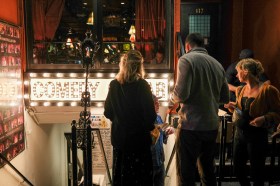Free speech for artists: quick links
Spinelessness is the new black. As the world turns darker and more destructive, and ‘rules-based global order’ becomes a term of grim hilarity, the response of some Australian arts leaders is to go small-target, hoping the disintegrating reality in front of them will spontaneously recohere.
To a degree, it’s possible to sympathise. Running any sort of cultural organisation at the moment, from puppet booth to arts megaplex, means managing fractious opinion. Like cracks in thin ice, once those fissures start to appear they can spread in any direction.
Denounced by the right or cancelled by the left? The options aren’t great for speaking your mind. Best to keep everyone quiet and wait, Micawber-like, for something better to turn up.
Free speech: the cost of silence
It won’t work. Not talking about something doesn’t make it go away. Who knew? There are many lessons to be learnt from the disastrous attempt by the Greater Bendigo City Council and La Trobe University to impose a restrictive Code of Conduct on Bendigo Writers Festival participants. Not the least is that trying to stop people talking only makes tongues wag harder.
ArtsHub: Bendigo Writers Festival 2025: why we cancelled our panel
The debacle/controversy/farce has been picked over from various angles: as a failure of arts management; as the pernicious paradox of the rhetoric of safetyism; and as a rank example of democracy deficit. I want to put forward arguments about the public value of these arts events more broadly. I don’t want to talk about artists’ right to free speech. For me, that’s a no-brainer. I want to explain why it is in all our interests that we let them exercise it.
Free speech: in everyone’s interest
A caveat. What I say applies to in-person events and the digital media accompanying them. That domain don’t have hard and fast boundaries. But it is an identifiable part of the agora, and writers festivals, film festivals, music concerts, theatre shows, book launches, gallery exhibitions etc. belong to it. These are not, as often accused, spaces of privilege.
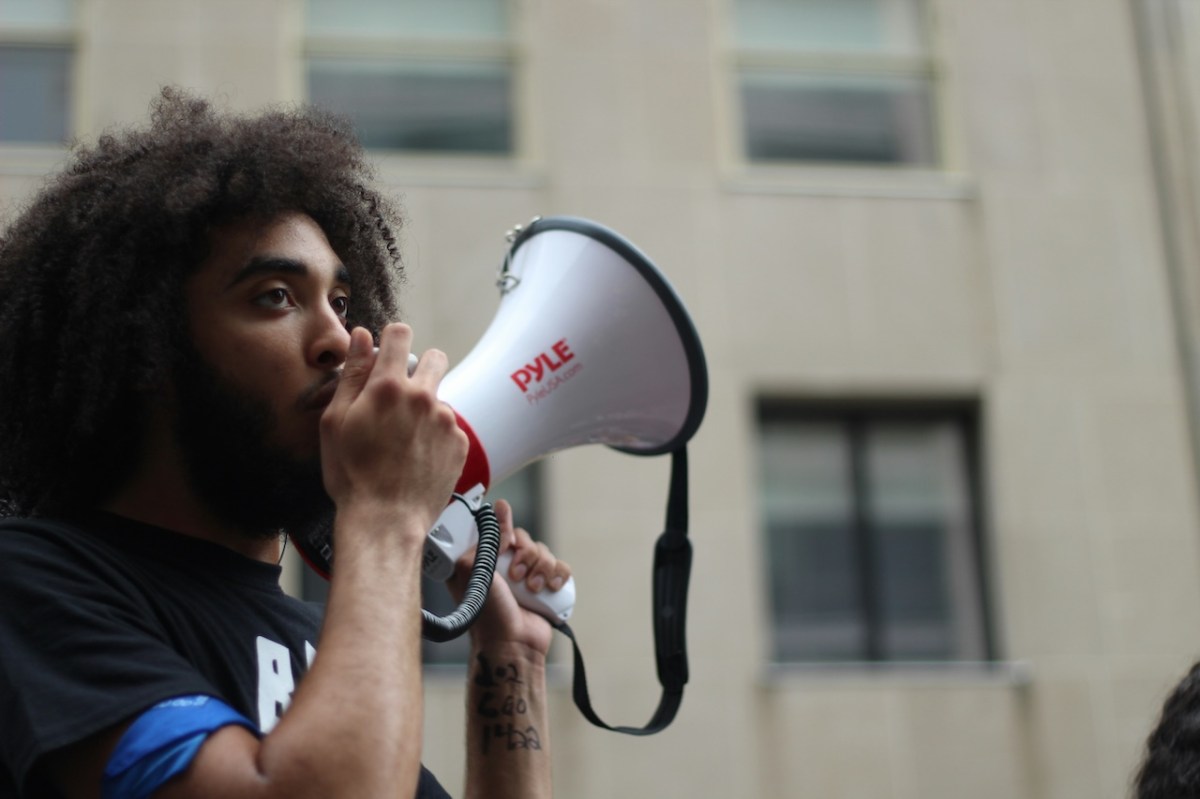
Free speech: four reasons
They are spaces of craft expression, and they have a job to do. Part of that is to communicate the views of the those involved within the limits that the law allows. Why is this good for society as a whole, and not just the arts? There are four main reasons.
- Because controversy and conflict find disciplined expression in these events. On the whole, arts events are curated, moderated and characterised by protocols of turn-taking, active listening and mutual respect. They are courteous spaces––certainly more courteous than the rottweiler politics of the Canberra bubble, or the unpredictable ructions of mass protest. Yes, they can provoke indignation and noisy push-back. But better red wine chucked in the foyer than red blood spilt in the street. People disagree with each other, sometimes bitterly. Arts events organise that anger and belligerence in productive ways. There are exceptions. Typically, they don’t end up with formal expulsions or the police turning up in Lenco Bearcats.
- Because statements at such events reflect the thoughts, feelings, and imaginative scope of artists’ creative practices. Arts events invite responses from their participants that are connected and accountable in the fullest sense. They offer the opposite of anonymous on-line chat rooms, and dysregulated twitter threads. They are spaces where views can be articulated and received in personal and committed ways. Even when the opinions voiced are hard to hear, their human context is plainly evident. This may even give arts events a therapeutic function, helping us to constructively manage difficult emotions that might otherwise prompt undesirable social conflict.
- Because sometimes societies don’t know what to do, and artists can air controversial, unpopular or marginal views in a non-compromising way. Say, for example, you are a leader faced with a topic or situation that is polarizing the public. Say, too, that pronouncing a definitive judgement one way or another forecloses scope for effective action. Under these circumstances adopting a ‘let one hundred flowers bloom‘ stance is both rational and right. It makes sense to allow artists to engage divisive topics when other domains cannot. The more constrained leaders feel themselves to be, the more vital it is to let legitimate debate flourish elsewhere so that different opinions can be subject to the light of public scrutiny.
- Because artists have views worth hearing in themselves. This is a tough sell in a country where the arts are often portrayed as ‘elitist’ with no contribution to make beyond boosting aggregate policy targets (economic growth, social cohesion, health & well-being blah, blah). But artists have a perspective which differs from that of politicians, academics or community activists (though the roles are not mutually exclusive). If that seems a wildcard, it may be worth playing when no other path forward can be found. The arts are, after all, something to love. We can appreciate a book, play, song or painting (or try to) regardless of the politics of the person responsible for creating it. As such, arts events offer the potential for finding common ground––a meeting place where people who have talked themselves into a corner can begin the challenging business of talking themselves out of it.
Of course, all this supposes a capacity to tolerate not only disagreement but disruption in our cultural realm. Everyone wants artists to be critical, until they are critical of them. Then they want them to shut up. But in the scenario I’m describing there can be no suggestion that ‘being offended’ is an outcome that should attract social censure, much less top-down control.

Again, this will be hard to swallow in a country which endows majoritarian opinion with normative status. Australia has a long and dispiriting history of treating its artists as insufficiently responsive to official directive and/or ‘taxpayer expectations’.
In the 1930s, the Lyons government tried to censor an anti-Nazi production by the New Theatre. During the Cold War, the University of Melbourne monstered Meanjin whenever that journal published controversial articles.
ArtsHub: Bendigo Writers Festival: when risk management becomes censorship
In the 1960s, the plays of Alan Seymour and Patrick White were forced out of the Adelaide Festival program at the behest of the Festival Board.
More recently, when artists boycotted the 2014 Sydney Biennale because of its links to Transfield Services, the arts minister, George Brandis, threatened to cut the subsidy of cultural organisations refusing corporate sponsorship. Over 2024-25, there’s been the circus of Jayson Gillham and the MSO, the opening night of The Seagull and the STC, Karen Wyld and the Queensland State Library Fellowships, and Khaled Sabsabi’s selection-deselection-reselection for the 2026 Venice Biennale.
Free speech: a chance to reconsider
On and on it goes. One wooden-headed encounter after another. It’s a lesson that will never be learnt until governments and sundry peak bodies, boards and senior managements, better understand what the arts are for.
Decades of an obsession with culture’s economic performance compound an epigenetic deafness to its fundamental purpose. The Bendigo Writers Festival mess is an opportunity to consider what this is, for some of the reasons I’ve laid out.
If you can’t love the arts, and some people don’t, then buckle up and learn to live with them. The value they return to our public life in the long-term vastly outweighs the discomfort they may cause in the short.
Discover more screen, games & arts news and reviews on ScreenHub and ArtsHub. Sign up for our free ArtsHub and ScreenHub newsletters.

